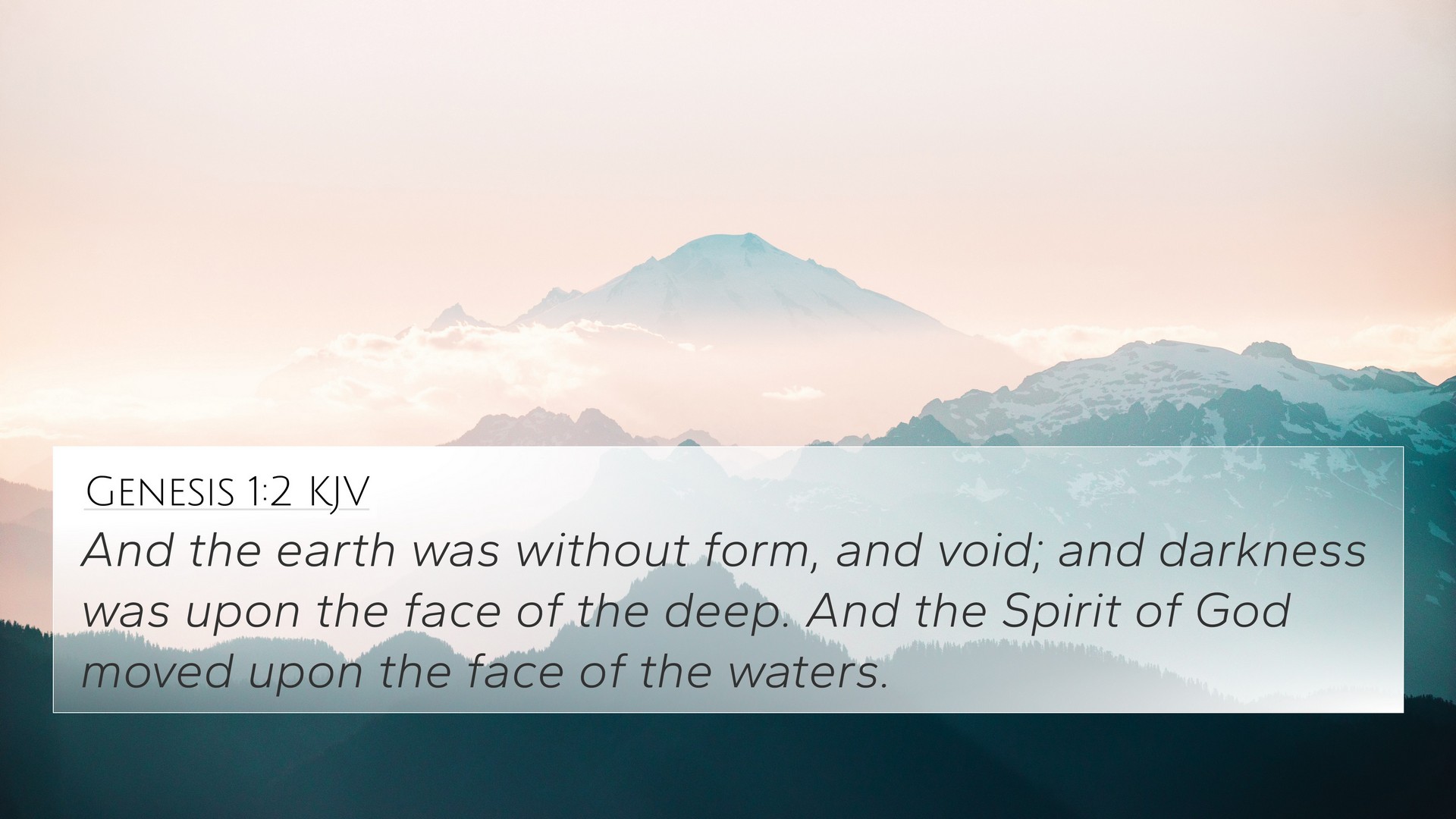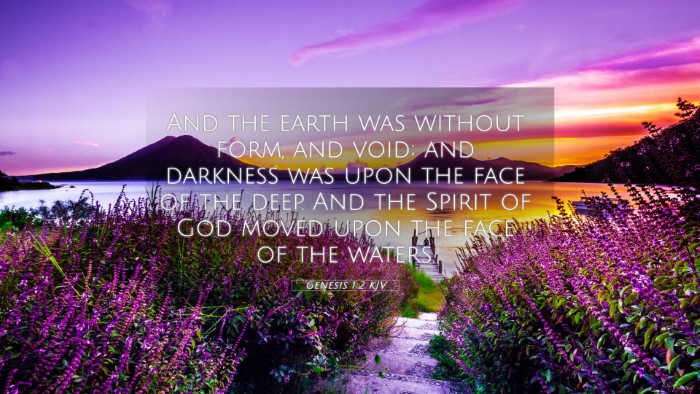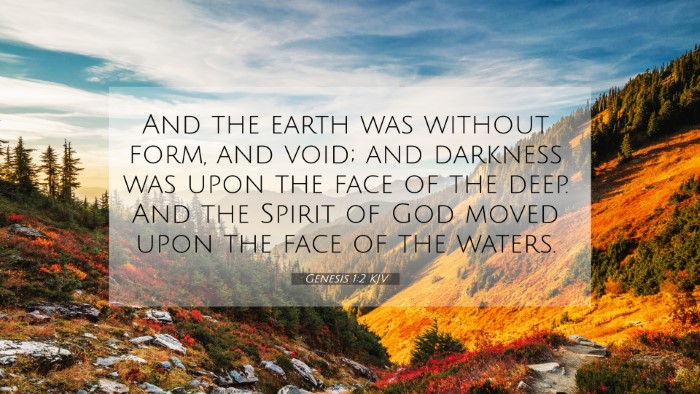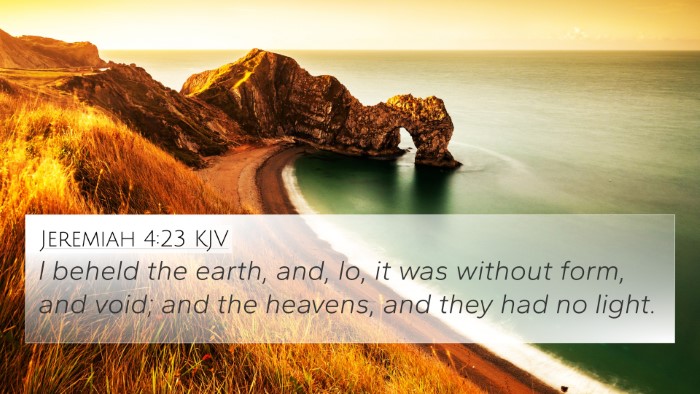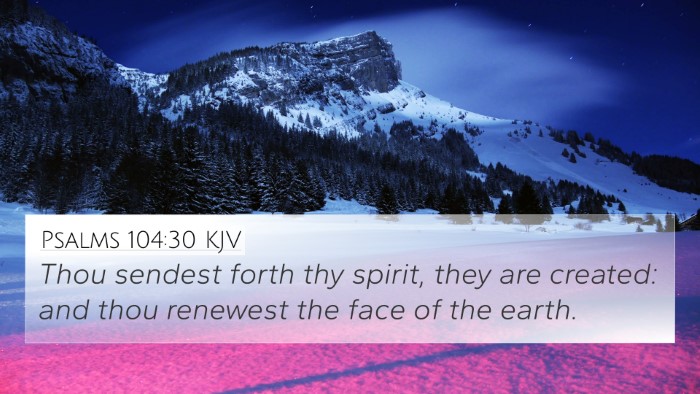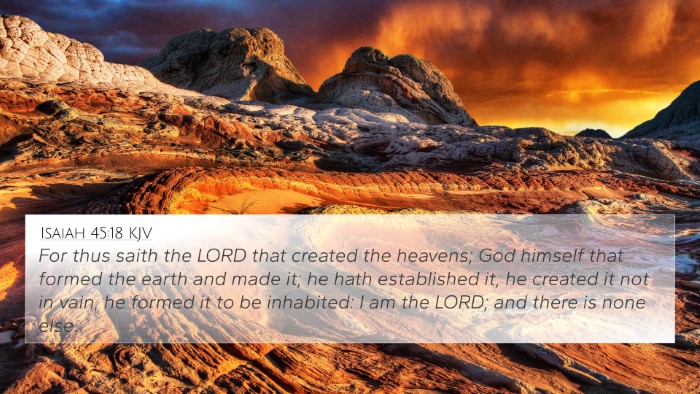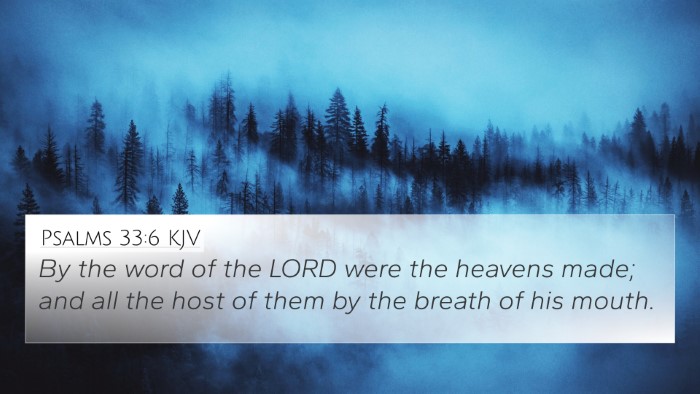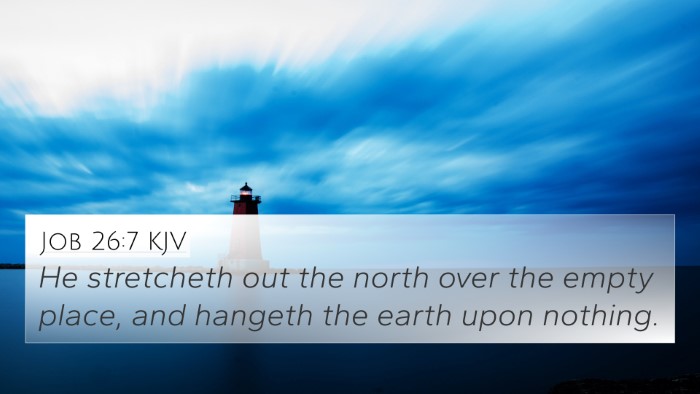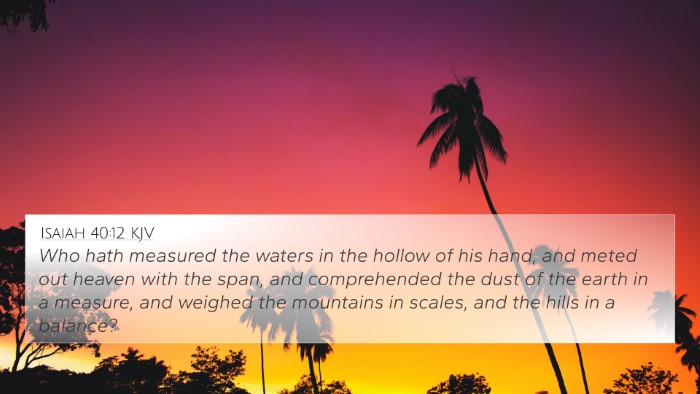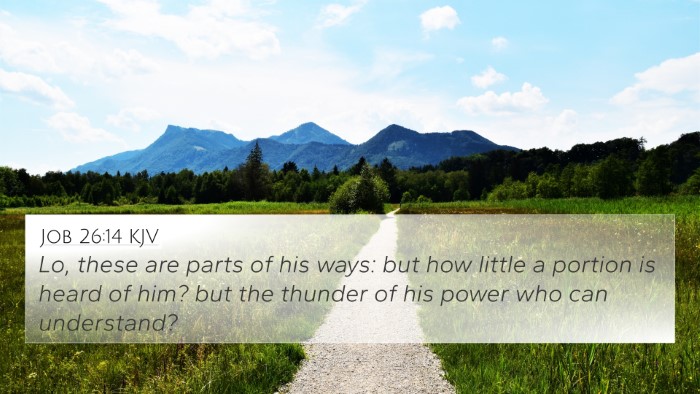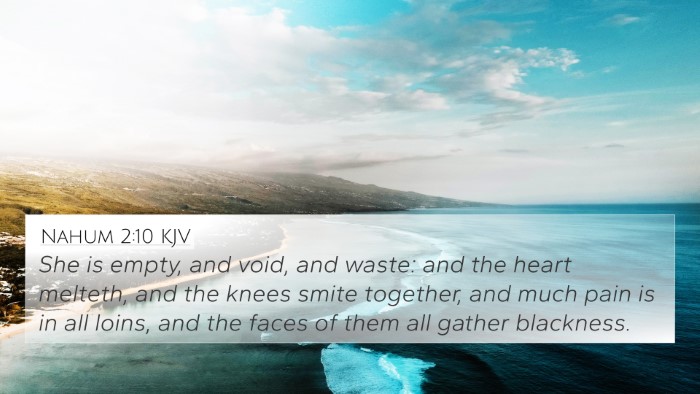Genesis 1:2 Meaning and Interpretation
Genesis 1:2 states, "And the earth was without form, and void; and darkness was upon the face of the deep. And the Spirit of God moved upon the face of the waters." This verse introduces the state of the earth prior to God’s creative acts. The insights derived from various public domain commentaries reveal profound theological implications and connections to other Biblical texts.
Contextual Analysis
This verse occurs at the beginning of the Bible, setting the stage for the creation narrative. The phrase "without form, and void" (Hebrew: תֹהוּ וָבֹהוּ) reflects a state of chaos and emptiness. Both Matthew Henry and Adam Clarke emphasize that this passage indicates a transition from disorder to God's ordered creation, establishing God's sovereignty over the cosmos.
Theological Insights
- The Nature of God’s Creation: The verse signifies that God created the world from nothing (ex nihilo). The presence of chaos before order fits with themes throughout Scripture, asserting God's power to bring forth beauty from chaos.
- Role of the Spirit: The "Spirit of God" moving over the waters indicates an active presence. Albert Barnes notes that this can be seen as a foreshadowing of the transformative work of the Holy Spirit in both creation and redemption.
- Symbolism of Water: Water often symbolizes chaos in the Bible. In this verse, it underscores the formlessness of creation before divine intervention, a theme echoed in the narratives of Noah and the Exodus.
Cross-References and Connections
This verse can be cross-referenced with several passages that further illuminate its meaning:
- Jeremiah 4:23-26: Describes a similar imagery of desolation and darkness, linking the state of the earth to God's judgement.
- Isaiah 45:18: States God did not create the earth in vain, which correlates with the idea of chaos being transformed into purpose.
- Psalms 104:30: Celebrates the Spirit of God who renews the earth, thereby connecting the Spirit’s role in creation and sustenance.
- John 1:1-3: This New Testament passage points to Christ's involvement in creation, linking the darkness mentioned in Genesis with the light of the Gospel.
- Revelation 21:1: The creation of a new heaven and earth at the end of time, representing the ultimate restoration of what was once formless.
- Colossians 1:16: Details that all things were created through Christ, affirming the cooperative work of the Godhead in creation.
- 2 Peter 3:5-7: References the world that then was, indicating that the world was once formless and God's judgement became evident through water.
Conclusion
Genesis 1:2 serves as a profound introduction to the entirety of God's creative work. It highlights not only the chaos preceding creation but also the purposeful and active role of the Holy Spirit. Through cross-referencing with the aforementioned scriptures, one can gain richer insights into the interconnected narrative of the Bible that reflects God's continuous work in both the natural and spiritual realms.
For those studying the Bible, engaging with cross-references can illuminate the biblical themes and enhance understanding. Utilizing tools such as a Bible concordance or a bible cross-reference guide can aid in finding connections between passages like Genesis 1:2 and their thematic counterparts throughout the scriptures. The study of Bible verse parallels enriches the exploration of how different verses speak to one another, fostering a deeper appreciation of God's word.
